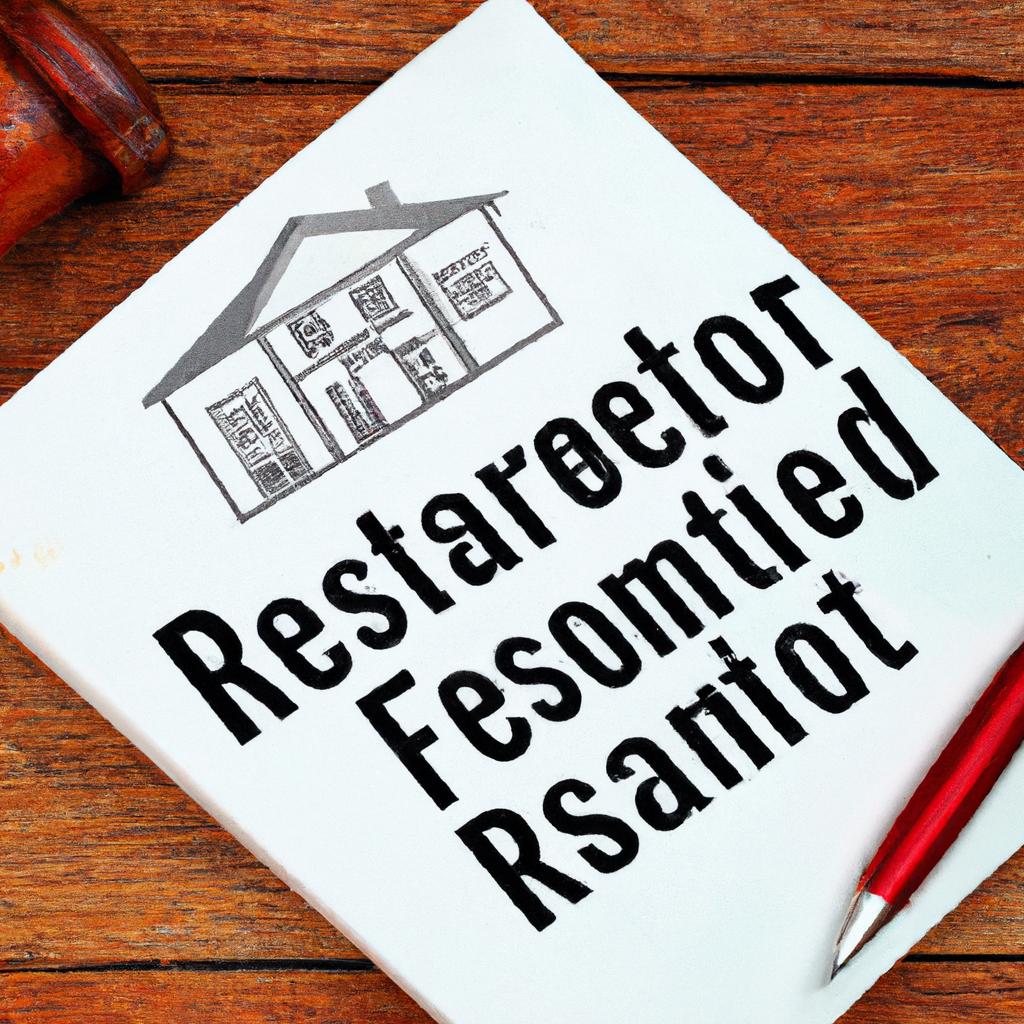When a loved one passes away, the last thing their family wants to deal with is the complex legal process of probate. One common question that arises during this time is whether community property must go through probate. As experienced estate planning attorneys at Morgan Legal Group, based in New York City, we specialize in navigating the intricacies of probate, elder law, Wills, trusts, and more. In this article, we will explore the nuances of community property and how it is handled in the probate process.
Understanding Community Property Laws in Relation to Probate Process
Community property is subject to certain rules and regulations when it comes to the probate process. In general, community property refers to any assets acquired during a marriage, such as income, real estate, and personal property. When one spouse passes away, their share of community property may be subject to probate, depending on the laws of the state where they resided.
- Community property may go through probate if it is not held in a trust or if there is no designated beneficiary.
- Probate laws vary from state to state, so it is important to consult with a knowledgeable attorney to understand how community property will be handled in the event of one spouse’s death.
- Creating a solid estate plan that accounts for community property can help streamline the probate process and ensure that your assets are distributed according to your wishes.

Implications of Community Property on Probate Proceedings
When it comes to the , many individuals wonder whether community property goes through probate. In states where community property laws apply, such as California, Texas, and Arizona, community property is generally not subject to probate. This is because community property typically passes directly to the surviving spouse outside of the probate process.
However, it is important to note that not all assets classified as community property automatically avoid probate. Certain assets, such as jointly owned property or assets held in a living trust, may still be subject to probate proceedings upon the death of one spouse. Additionally, if there is no surviving spouse or if the surviving spouse chooses to pass on the community property through their Will, then the community property may be included in the probate estate. It is crucial to consult with an experienced estate planning attorney to understand how community property laws in your state may impact probate proceedings.

Analyzing Ways to Avoid Probate for Community Property Assets
When it comes to community property assets, there are ways to avoid probate and ensure a smooth transfer of ownership. One effective method is creating a living trust, which allows for the seamless transfer of assets upon the death of one spouse. By placing your community property assets into a trust, you can bypass the probate process altogether, saving time and money for your loved ones.
Another strategy to avoid probate for community property assets is to designate beneficiaries on retirement accounts, life insurance policies, and other accounts. By naming beneficiaries, these assets can pass directly to the designated individual without going through probate. Additionally, establishing joint tenancy with rights of survivorship for real estate properties can ensure that ownership automatically transfers to the surviving spouse without the need for probate.

Recommendations for Proper Estate Planning to Navigate Community Property Probate Issues
When it comes to community property and probate issues, proper estate planning is essential to ensure a smooth transition of assets. One key recommendation is to establish a comprehensive estate plan that includes a will or trust to clearly outline how your community property should be distributed upon your passing. By having a well-drafted estate plan in place, you can avoid potential disputes among heirs and ensure that your wishes are carried out.
Additionally, it is crucial to consult with an experienced estate planning attorney to navigate the complexities of community property probate laws. An attorney can provide valuable guidance on how to protect your assets, minimize estate taxes, and plan for the future. By working with a knowledgeable legal professional, you can create a customized estate plan that addresses your unique needs and safeguards your community property for your loved ones.
Q&A
Q: Does community property go through probate?
A: Probate is the legal process of distributing a deceased person’s assets, debts, and property according to their will or state law. In community property states, such as California and Texas, community property does not go through probate when one spouse dies. This is because community property is jointly owned by both spouses, so it automatically passes to the surviving spouse outside of probate.
Q: What happens to community property in non-community property states during probate?
A: In non-community property states, assets held as community property still pass outside of probate to the surviving spouse. However, the deceased spouse’s separate property, which is property acquired before marriage or after separation, may be subject to probate.
Q: What are the benefits of community property laws in probate?
A: Community property laws simplify the probate process by automatically transferring ownership of community property to the surviving spouse. This can save time, money, and hassle for families dealing with the estate of a loved one.
Q: Are there any disadvantages to community property laws in probate?
A: While community property laws can expedite the probate process, they may also limit a spouse’s ability to leave assets to someone other than their spouse. In community property states, each spouse is typically entitled to half of the community property, even if the deceased spouse’s will states otherwise. This can lead to complications if the deceased spouse wanted to leave assets to someone other than their spouse.
Q: How can couples protect their assets in community property states?
A: Couples in community property states can protect their assets by drafting a prenuptial agreement or creating a trust. These legal documents can specify how assets should be distributed upon death, ensuring that both spouses’ wishes are carried out.
Future Outlook
In conclusion, navigating the legal complexities of probate and community property can be a challenging task. However, with proper planning and understanding of the laws, it is possible to ensure a smooth transition of assets to heirs and beneficiaries. Remember, seeking professional advice from an estate planning attorney can provide clarity and peace of mind during this process. By staying informed and proactive, you can protect your loved ones and preserve your legacy for generations to come.


